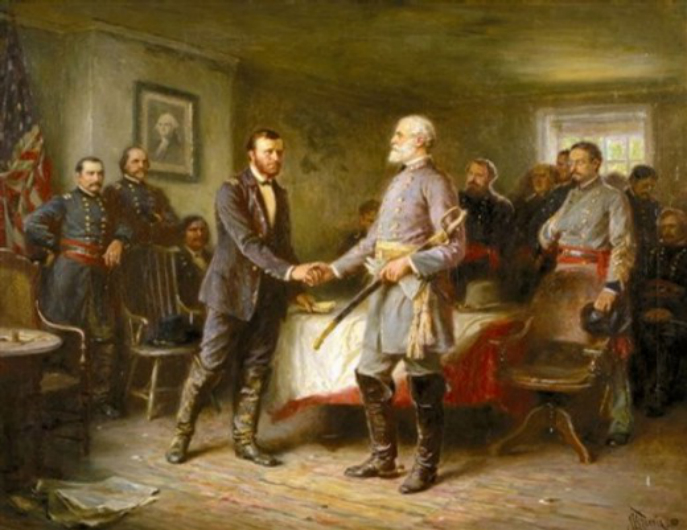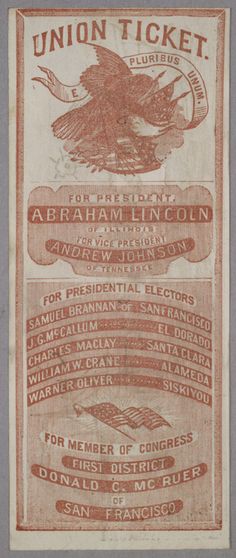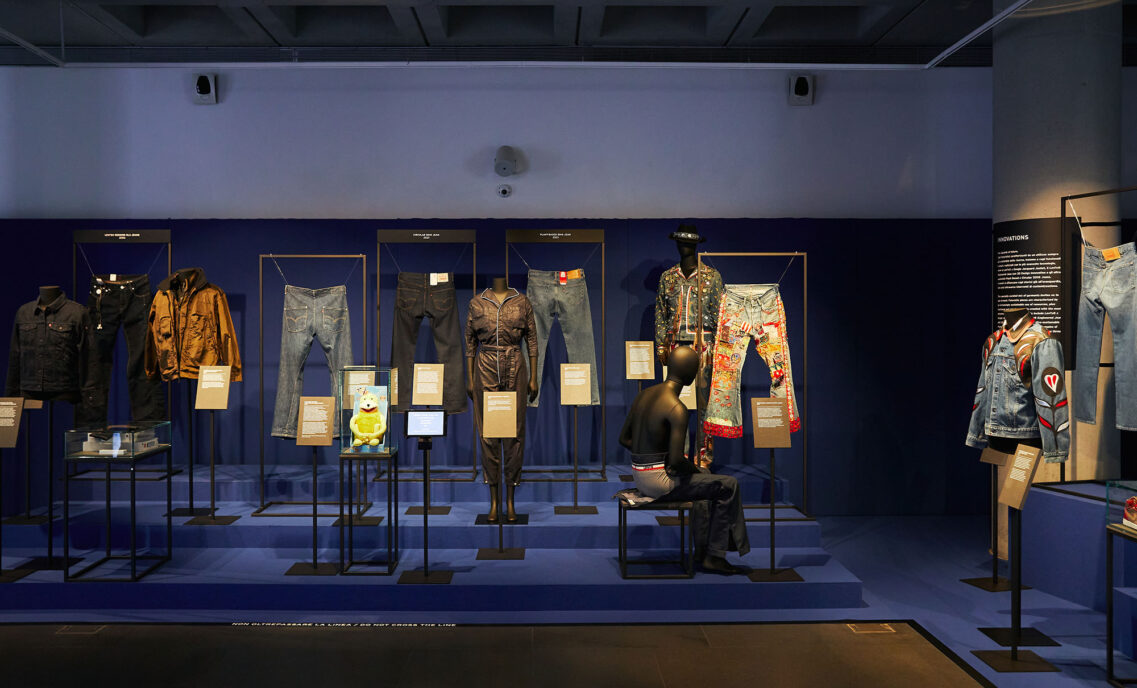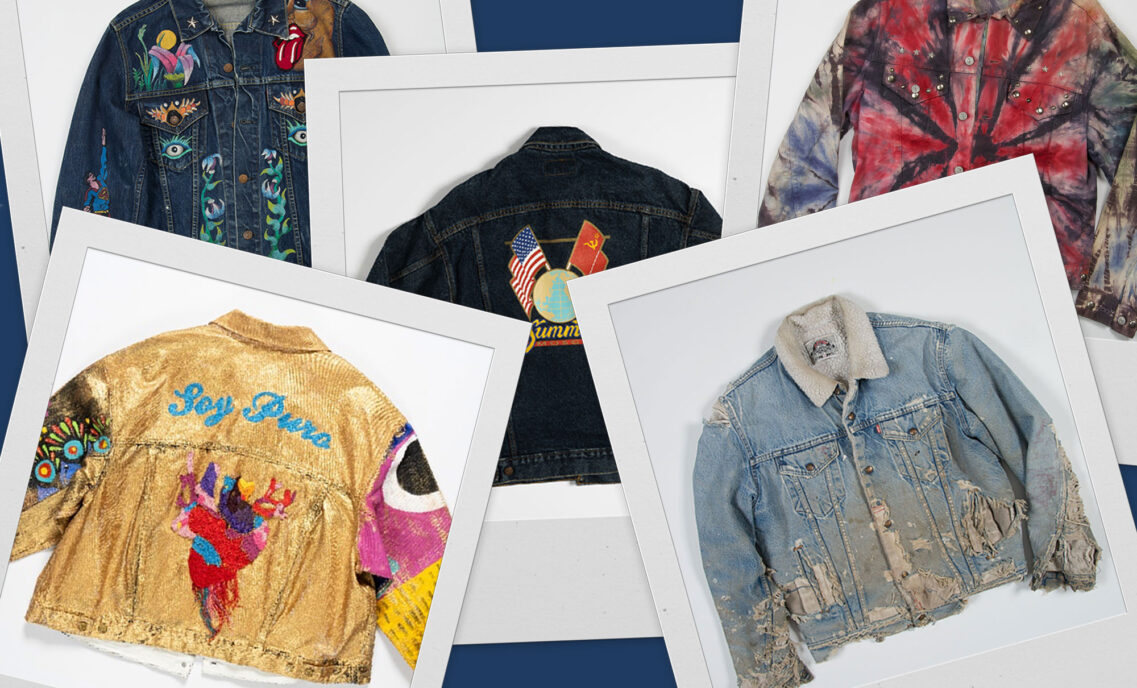On this day 150 years ago, the Civil War effectively ended when Confederate General Robert E. Lee surrendered his 28,000 troops to Union General Ulysses S. Grant. The previous November, Abraham Lincoln was re-elected President of the U.S. He received nearly 60% of the vote in California over his opponent, General George B. McClellan.
Among those who voted for Lincoln was Levi Strauss, and so did many of the merchants of San Francisco. As staunch Republicans, they were opposed to anything that would break up the Union, and they believed Lincoln was still the right leader to bring the war to an end.
The men knew a Confederate victory would have been bad for business. They also had more personal reasons for their support. Many of these men (Levi included) were immigrants and newly-minted citizens, and they wanted to preserve the America they had made their own. And so, they worked for the Union cause in many ways.
On May 11, 1861, barely a month after the Civil War began, a mass meeting dubbed “The Great Union Demonstration” was held in San Francisco. Nearly 20,000 people, a few infantry regiments, bands, generals, and prominent politicians rallied the citizens at the massive outdoor gathering held at the corner of Montgomery and Market Streets, in the center of the city.
Among the output of this event was the “Union Committee of Thirty Four,” a group charged to “aid the constituted authorities in the detection and suppression of any treasonable combinations or conspiracies against the Union and the public peace.” Among the 34 men appointed to this committee were prominent Jewish merchants, entrepreneur Sam Brannan, a few men for whom streets were named in later years and Levi Strauss, by now considered one of the leading businessmen in San Francisco.
One way LS&Co. supported the war was by donating money to the Sanitary Commission, which collected money to help care for the health of wounded Union soldiers. Between 1862 and 1865 the company gave thousands of dollars, and the citizens of California — especially the gold miners — contributed more than $1 million to the Commission.
The company also showed its support for the Union cause by joining other San Francisco companies in closing on election day in 1864. This move was designed so that “…we and those in our employ may devote one entire day to the successful service of our country and its preservation as against an armed rebellion. We recommend a similar action throughout the cities and towns of California.”
But by far the most important thing that Levi Strauss did for Lincoln and the country was to be successful in business. California gold, once shipped to eastern banks, was vital to backing the government’s currency and securing the Union’s credit with Britain and France.
Blue jeans had not yet been invented, so Levi Strauss & Co. was purely a wholesale dry goods business, with retail customers all over the West and even into Mexico, Canada, and Japan. Levi received gold and gold dust in payment for his dry goods, which he then regularly shipped back to his brothers in New York. The brothers then purchased dry goods and sent them to Levi to sell to his customers.
Between the start of the Civil War in April of 1861, and its end in April of 1865, Levi sent $2,172,136 in gold to the east. Actually, he sent more than that, but when the steamer Golden Gate caught fire as it was leaving Aspinwall, Levi lost $95,286.
The $2 million in gold which Levi sent over those four years in equivalent to over $31 million in today’s currency. It’s easy to understand why General Ulysses S. Grant credited California and its gold with helping Lincoln win the war.
And 150 years later, it’s nice to know what a big part Levi Strauss & Co. played in that victory.








